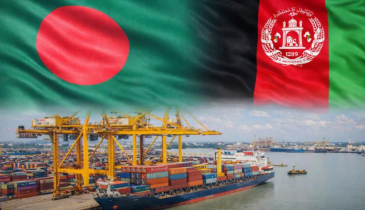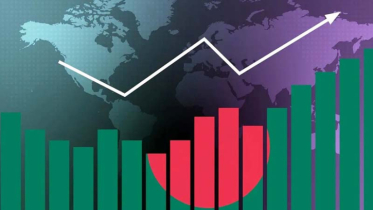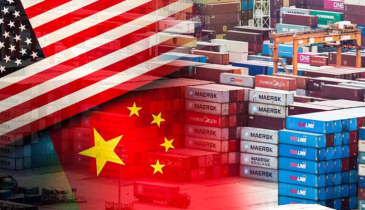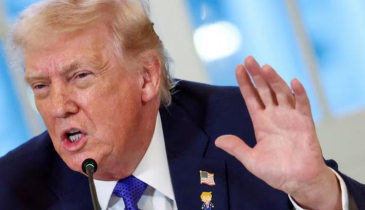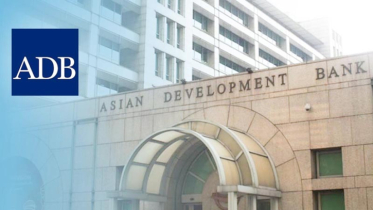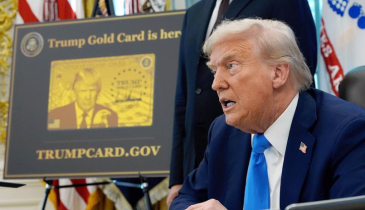China, ASEAN sign enhanced free trade pact amid President Trump tariffs
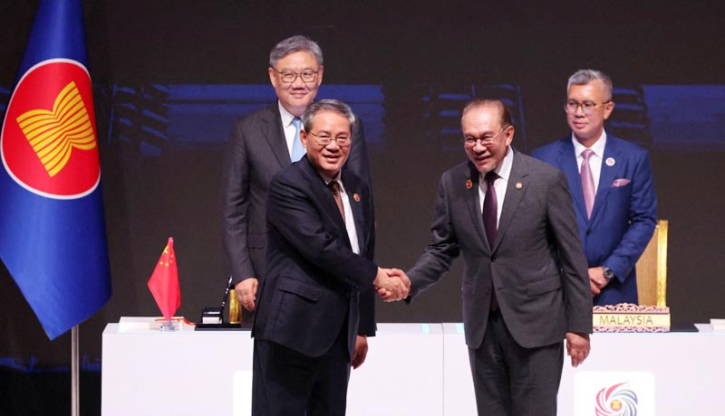
China and the Association of Southeast Asian Nations (ASEAN) signed an upgraded version of their free trade agreement on Tuesday, aiming to strengthen regional cooperation in the face of rising global protectionism driven by US President Donald Trump’s tariff measures.
The new deal — described as the “Version 3.0” Free Trade Pact — was inked on the sidelines of the 47th ASEAN Summit in Kuala Lumpur, in the presence of Chinese Premier Li Qiang and Malaysian Prime Minister Anwar Ibrahim.
According to China’s State Council, the enhanced agreement expands collaboration in key areas such as digital trade, green energy transition, infrastructure development, investment facilitation, and people-to-people connectivity. It builds upon the original ASEAN-China Free Trade Area (ACFTA) established in 2010, which laid the foundation for booming regional trade.
Trade between China and ASEAN has surged in recent years, reaching $785 billion in the first nine months of 2025, up nearly 10 percent year-on-year. The region has become China’s largest trading partner, reflecting the growing integration of manufacturing supply chains across Southeast Asia under the “China Plus One” strategy — which emerged as multinational firms diversified away from China following Trump’s trade war in 2018.
Premier Li Qiang praised the deepening partnership, calling it “a model of regional cooperation and mutual development.” He said the new pact would help drive “high-quality, sustainable growth” through stronger economic, environmental, and technological cooperation.
“Trade continues to expand, investments are more diversified, and exchanges between our peoples have never been stronger,” Li told ASEAN leaders.
Experts say the agreement represents both an economic necessity and a diplomatic opportunity for Beijing. “China’s ties with the US and EU are under growing strain, so strengthening relations with ASEAN is a top priority,” said Zhiwu Chen, professor of finance at the University of Hong Kong. “For ASEAN, this is a chance to leverage its central role in regional trade and benefit from China’s investment push — a clear win-win.”
Li also indirectly criticized Trump’s tariff-heavy trade policies, describing them as barriers that “distort markets and hinder global recovery.” The US president, who attended the ASEAN summit earlier this week, signed a series of bilateral trade deals with Cambodia, Malaysia, Thailand, and Vietnam — underscoring his preference for one-on-one trade negotiations rather than large multilateral frameworks.
Trump is scheduled to meet Chinese President Xi Jinping later this week in South Korea, in what is expected to be a crucial encounter as both sides seek to prevent a further escalation in their trade and geopolitical rivalry.
.png)



